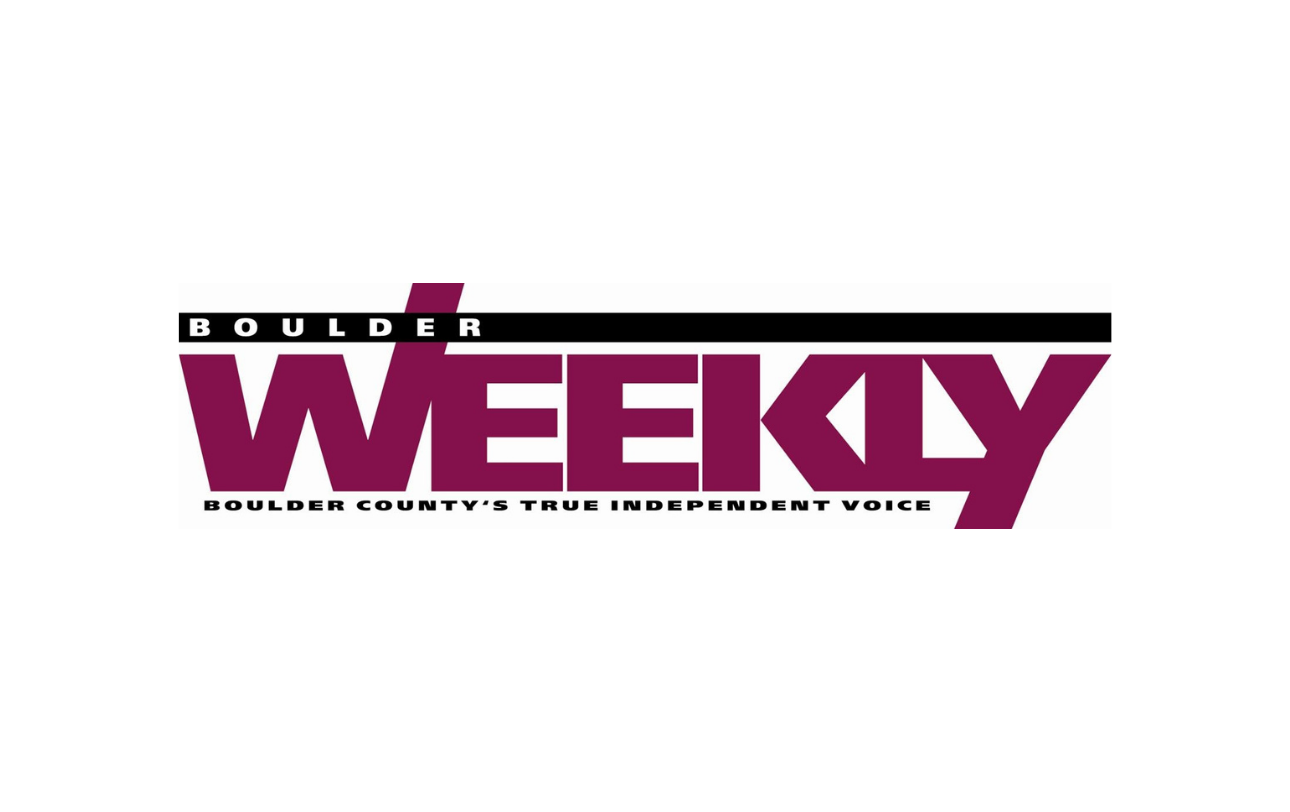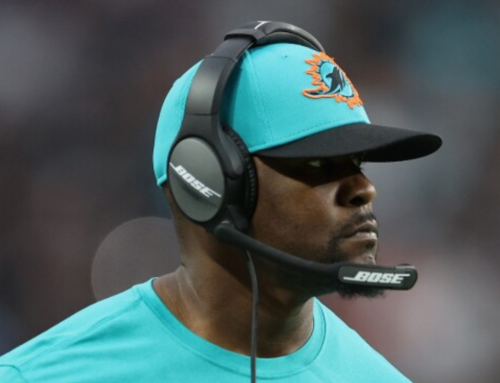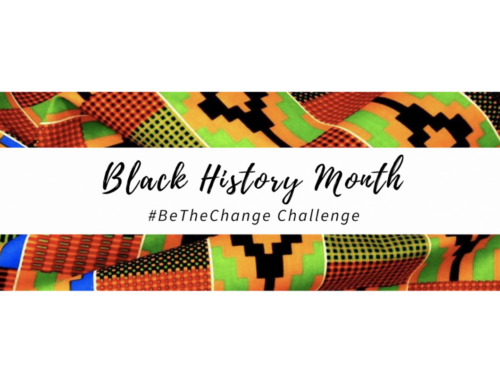People of color (POC) hold very few leadership positions at top environmental advocacy organizations, and yet are far more likely to be directly affected by the environmental and climate crises in their communities.
Green 2.0, a national group that tracks the diversity of influential organizations and foundations involved in the environmental movement in the hopes of facilitating more equality and inclusion, recently released its 2020 Transparency Report Card. It is a statistical analysis of data collected from the 40 largest NGO’s and 40 foundations in the United States, reporting the number of POC and women being recruited and hired on as staff members, board members or executive members, and the rate at which this is happening.
“We have more work that needs to be done in terms of diversifying representation on boards and in executive positions,” says Dr. Stefanie Johnson, associate professor at CU Boulder’s Leeds School of Business, who provided the statistical analysis for this year’s report and executive summary. “That’s where having a voice matters, where you can have influence and make sure communities of color are considered in big environmental decisions.”
One concern raised by Johnson is that diversity training will take the place of facilitating real, tangible change, ultimately serving as the proverbial band-aid for a bullet wound.
“The training is good,” Johnson says, “but if it’s going to take the place of action, it’s not good. If organizations are doing trainings but aren’t changing things, then it becomes detrimental. Companies often conduct the training and then feel like, ‘OK, we checked the box, we’re good, we can go back to normal now.’ They must commit to making other structural changes that actually matter.”
It’s action, after all, that really makes a difference, and not words and pledges. Best practices for companies succeeding in diversity inclusion include implementing unconscious bias and inclusion training. When not done well, however, studies have shown that trainings can increase bias between marginalized groups or cause backlash; trainings can reinforce stereotypes, or in some cases anger some people who may ultimately double down on their resentment.











Leave A Comment